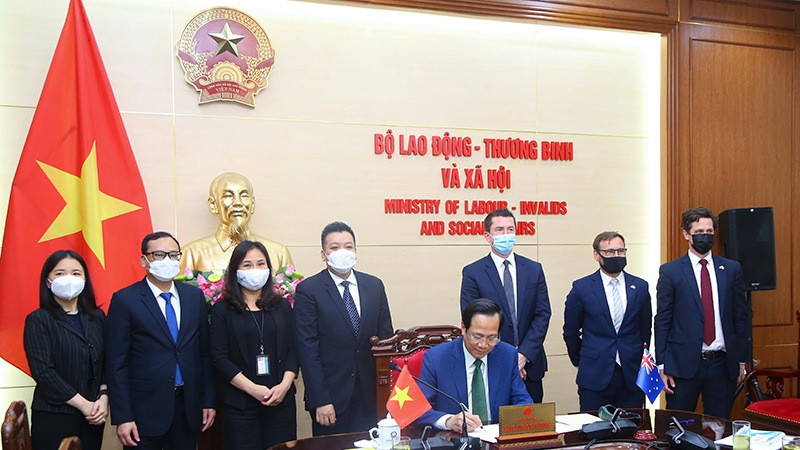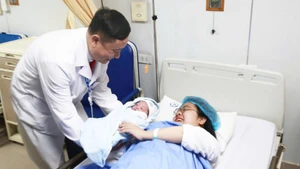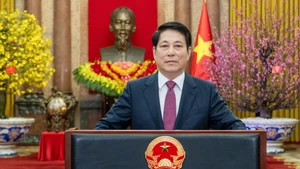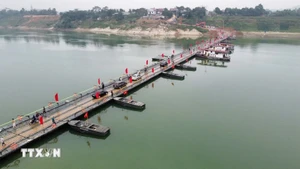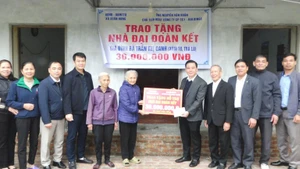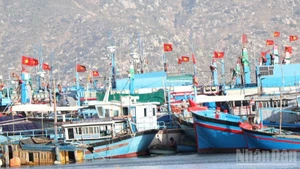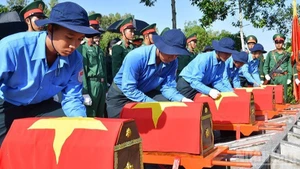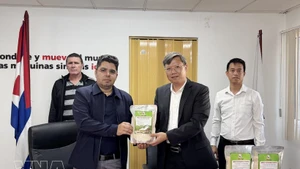The basic salary (excluding living expenses) for such an employee will be from 3,200 AUD-4,000 AUD per month, equivalent to about 52.8 million VND to 66 million VND per month.
This is a high level of income compared to other labour receiving markets. Australia has a developed economy, with modern agriculture.
The Ministry of Labour, Invalids and Social Affairs (Molisa) of Vietnam and the Australian Government Department of Foreign Affairs and Trade held a ceremony on March 28 to sign a Memorandum of Understanding (MoU) between the Australian Government and the Vietnamese Government on supporting Vietnamese citizens to participate in the Australian Agriculture Visa Programme.
To date, this is the first MoU that Australia has signed with a country sending workers to work in Australia under the Australian Agriculture Visa Programme.
In September 2021, the Australian Government announced a visa program for workers in the agricultural sector and selected Vietnam as one of four priority countries to participate in this programme soon, including Vietnam, Thailand, Indonesia and the Philippines.
The agricultural visa programme is implemented to contribute to fill workplace shortages in the sector, bring economic benefits to Australia, and at the same time create opportunities for foreign workers, including Vietnamese workers, to accumulate knowledge, experience, skills, and earn income while working in Australia and sending their income back home. Meanwhile, Australian employers will also benefit from having access to a reliable workforce.
The signing of the MOU will promote the strategic cooperation relationship between Vietnam and Australia in the context of deepening international cooperation and integration; is an effective job creation channel, not only bringing economic benefits, but also contributing to ensuring sustainable social security.
Labour cooperation with Australia not only helps to ensure Vietnamese workers will have good income and secure working conditions, but also provides an opportunity to learn advanced knowledge, skills, science and technology. At the same time, the programme responds to Australia's workforce needs, thus benefiting both countries.
